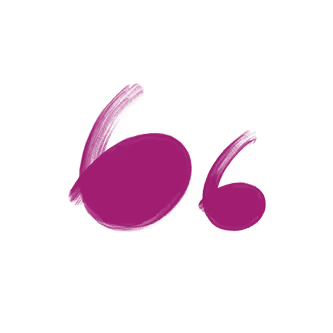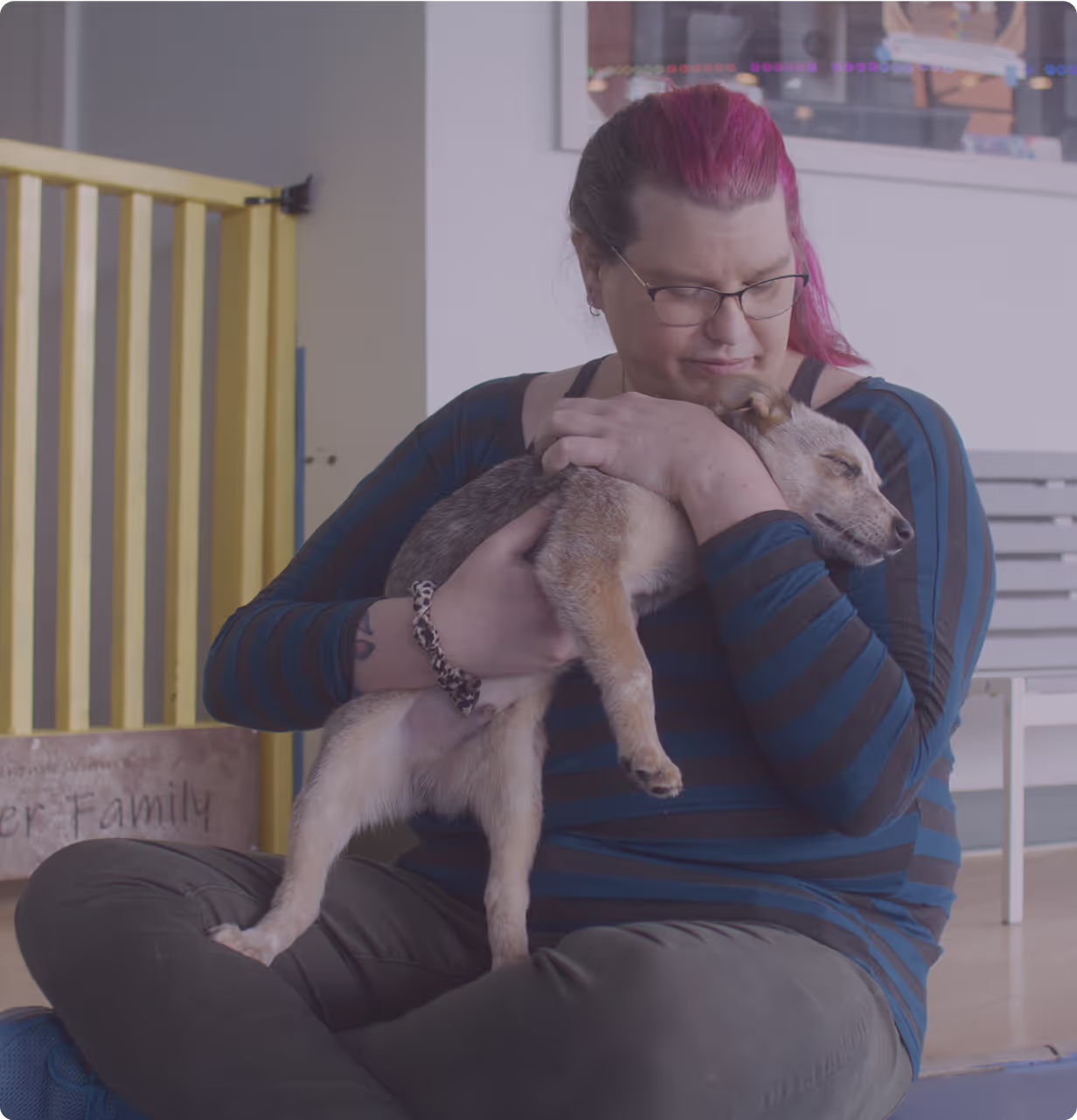Dear, younger me. I wish you knew the truth about menthol tobacco!
We were told smoking was cool. We didn’t know how hard it would be to quit. For decades, Big Tobacco has targeted the LGBTQIA+ community with menthol tobacco, knowing the flavor makes menthols easier to smoke and harder to quit.
Along with all the barriers and challenges LGBTQIA+ folks face to achieve a life as healthy and happy as possible, disproportionate tobacco marketing adds up to more to more stress and more health harms.
Quitting is hard. We're here to break that cycle – together.
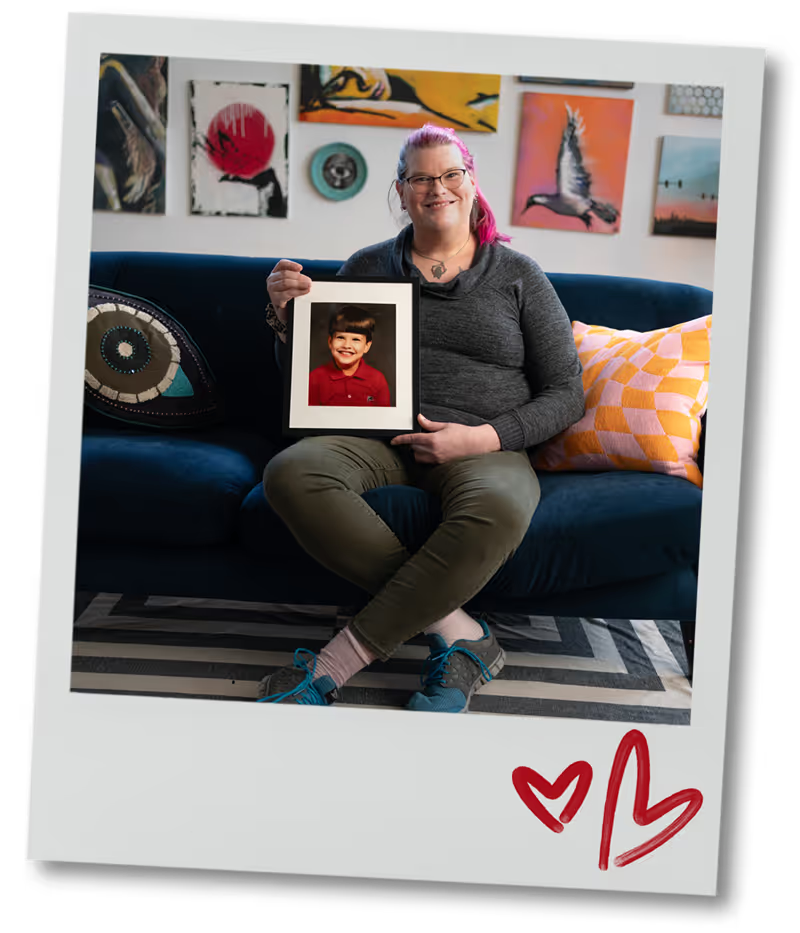
The big (tobacco) picture:
How we got hooked.
They placed ads in our magazines. Sponsored our Pride events. Threw parties in our bars. Wrapped their products in rainbows.1 But it was never about supporting us – it was about keeping us hooked to increase their profit.
Now, the facts are out. And you deserve to know exactly how they did it.
Dear, younger me…
What would you say to yourself before you picked up that first cigarette or vape device? Before it became a habit? Before quitting felt impossible?
What’s your relationship with menthols?
Quitting is a process, and smoking isn’t just a habit – it’s a relationship. Some days, it feels like comfort … other days, like a weight you want to shake off.
Wherever you are on your journey, this quiz can help you figure out what’s next.

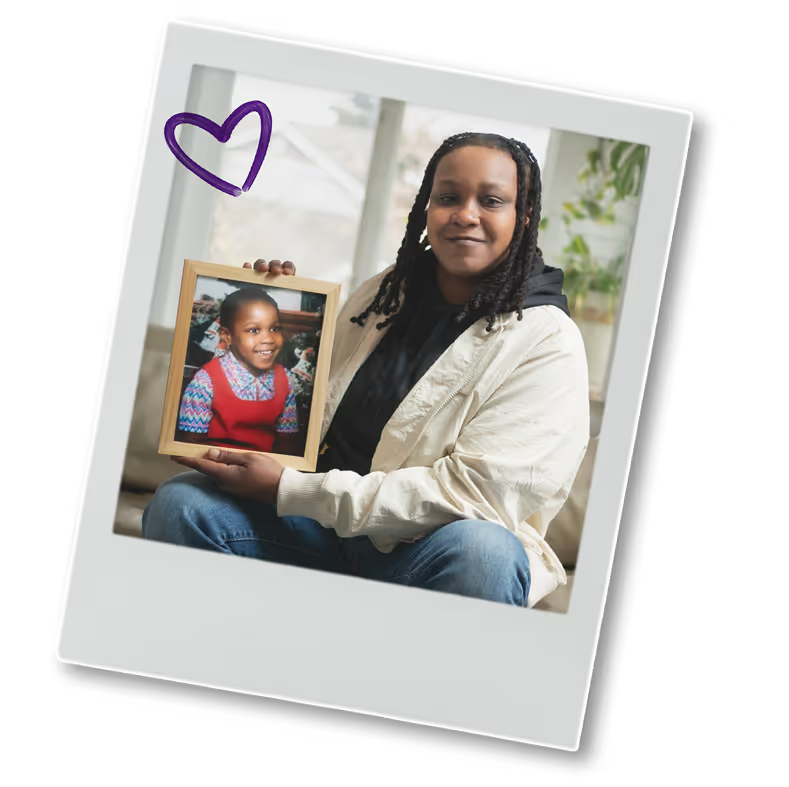

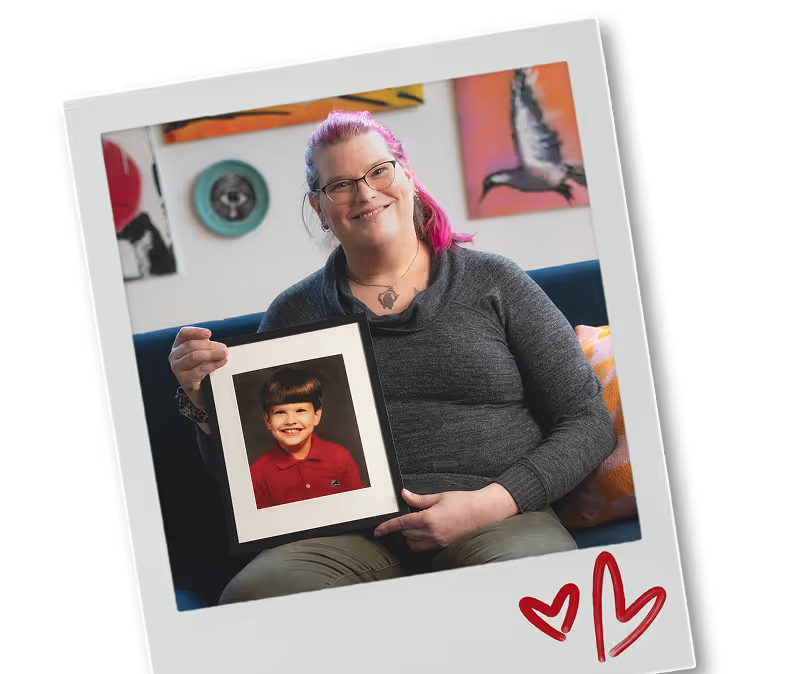

You’ve got backup.
These resources are here for you when you’re ready to quit.
Suicide and Crisis Lifeline
Sober and Tobacco Free Queer Spaces in Washington
Seattle’s LGBTQ+ Center
Formerly known as Gay City, the LGBTQ+ Center provides a sober space to queer communities. Stop by and check out a book for free from their library; the largest LGBTQIA+ library in the Pacific Northwest. Consider seeing a queer arts show or performance or find out about community events. You can also rent their spaces to host your own queer-sober meetup or event.
Contact:
- Website: gaycity.org
- Phone: (206) 860-6969
- Email: info@gaycity.org
Rainbow Center (Tacoma)
For more than 20 years, Rainbow Center has served as a resource hub for the LGBTQIA+ community in South Puget Sound. Rainbow Center has daily open hours, where resources—including a lending library, computer and Wi-Fi access, advocacy services, and educational materials—are available to community members. Each year, they provide direct services to 1,000 individuals, greet almost 4,000 visitors at Rainbow Center, and touch the lives of thousands more through events and partnerships.
Contact:
- Website: rainbowcntr.org
- Phone: (253) 383-2318
Rainbow Advocacy Inclusion & Networking Services
RAINS seeks to empower, educate, and advocate for the RAINBOW (LGBTQIA+) community and allies in Cowlitz County and surrounding areas.
Contact:
- Website: rains-wa.org
- Phone: (360) 200-3790
- Email: rains.wa.us@gmail.com
Smoking Cessation Resources
The Washington State Quitline
Since 2000, the Washington State Quitline has helped tens of thousands of Washingtonians quit smoking. You can get free, confidential, one-on-one counseling from a Quit Coach, and may be eligible for free medication to help you quit smoking, vaping, or other tobacco.
Contact:
- Website: quitline.com
- Phone: (206) 860-6969
- Spanish: 1-855-DÉJELO-YA or (1-855-335-3569)
- Cantonese or Mandarin: 1-800-838-8917
- Korean: 1-800-556-5564
- Vietnamese: 1-800-778-8440
- Text: Text READY to 200-400
Truth Initiative’s EX Program
Free, 24/7 support through daily text messages full of tips and advice, a resource library with expert guidance, and access to an active community of quitters.
Sign up here.
2Morrow Health App
2Morrow Health is a smartphone app that helps participants learn new ways to deal with unhelpful thoughts, urges, and cravings caused by nicotine. Participants receive notifications and can track their progress along the way in order to move toward their goal of quitting. The program is based on Acceptance and Commitment Therapy (ACT) and provides a personalized, non-judgmental and private experience.
Download the app:
LGBTQIA+ Resources
GLSEN Washington State
GLSEN Washington State provides training and resources to students, educators, and community partners to make Washington schools more inclusive for all students.
Contact:
- Website: glsenwashington.org
- Email: mail@glsenwa.org
Ingersoll Gender Center
Ingersoll is one of the oldest organizations by and for transgender and gender nonconforming communities in the United States. Officially formed in 1977, Ingersoll Gender Center has been building community, providing connection and advocacy in the Puget Sound region for over four decades.ovides training and resources to students, educators, and community partners to make Washington schools more inclusive for all students.
Contact:
- Website: ingersollgendercenter.org
- Email: info@ingersollgendercenter.org
- Phone: (206) 849-7859
Mental Health Resources
988
Need help now? Call, text or chat 988 for support 24/7.
Trevor Project
This resource is for people 13-24 years old. Crisis counselors are trained to answer calls, chats, or texts from LGBTQIA+ young people who reach out on this free, confidential, and secure 24/7 service when they are struggling with issues such as coming out, LGBTQIA+ identity, depression, or suicide.
Contact:
- Website: thetrevorproject.org
- Phone: 1-866-488-7386
- Text: Text ‘START’ to 678-678
Trans Lifeline’s Hotline
Trans Lifeline’s Hotline is a peer support phone service run by trans people for trans people, as well as people who are questioning if they might be trans. You can call them if you need someone trans to talk to, even if you’re not in a crisis or if you’re not sure you’re trans.
Contact:
- Website: translifeline.org
- Phone: 1-877-565-8860



